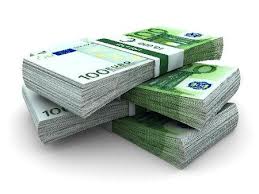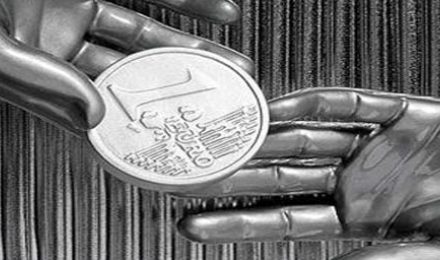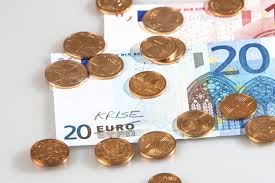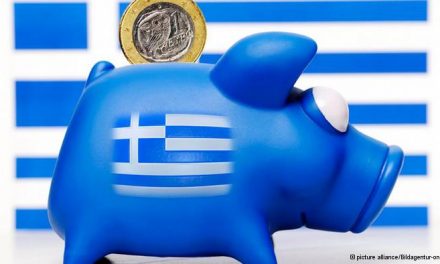By Dimitra DeFotis, Barron’s
Greece is negotiating a third bailout with European Union leaders between €30 billion ($34 billion) and €50 billion, Spain’s Finance Minister Luis de Guindos said Monday.
Shares of Greek banks in U.S. trading are lower today, with shares of Piraeus Bank (BPIRY) down more than 10%, National Bank of Greece (NBG) stock down 5.7%. Among other large Greek stocks: international bottler Coca-Cola HBC (CCH.London and EEE.Greece) fell 0.7% in London. The Global X FTSE Greece 20 ETF (GREK) is down more than 2% today.
The new leftist Greek government is still negotiating the release up to €3.7 billion of eurozone funds from its second bailout, which now extends through June, MarketWatchreports.
Cornell Law Professor Robert Hockett, whose expertise includes international financial law and economics, sent us this observation today:
“Today’s announcement that a third EMU [European Economic and Monetary Union] bailout for Greece is under consideration signals the monetary union’s determination to avoid a Greek exit and further deterioration of Europe’s monetary union. The underlying structural problem that has necessitated these bailouts, however, remains unchanged. Greece cannot realistically earn sufficient foreign exchange surpluses to pay down its debts with an overvalued currency, meaning that either the EMU will have to become a fiscal transfer union like the U.S. or Greece and other southern EU members will ultimately need a Mediterranean euro of their own.”
Meanwhile, Greek parliamentarians this week are getting to work on austerity and reform bills that are likely to cause friction with international lenders, writes Teneo Intelligence geopolitical Analyst Wolfango Piccoli writes:
“This is part of an effort to appease Syriza’s left wing and keep popularity ratings high by following through on pre-elections pledges. Still, intra-party tensions are slowly brewing and are set to grow further as the government starts to implement some of the more challenging reforms agreed with the Eurogroup. Prime Minister Alexis Tsipras is far from being dominant within Syriza and his leadership faces an uphill struggle to fend off leftist dissenters within his party.”
The European Central Bank has earned 1.9 billion in profits on Greek bonds, and Greece owes 1.5 billion euros to the International Monetary Fund in March. But transferring that ECB money back to Greece won’t happen until reform happens. A spokeswoman for the Greek government, however, sought to reassure investors and others Monday that the country has “solutions” to cover the loan payment and other funding requirements this month.
Tax revenue has dropped and Greece “is expected to run out of cash by the end of March, possibly sooner,” Reuters reports.



















